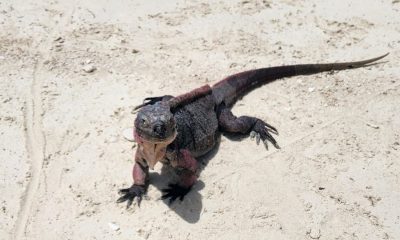Business
Helping Hand for Abaco Farmers and Fishermen
A poultry farm in Abaco is operating at just one-fifth of the capacity it was able to prior to hurricane Dorian.
-

 Court2 days ago
Court2 days agoTwo Men Arraigned for Death of American Woman
-

 Court2 days ago
Court2 days agoPanel Upholds Drug Conviction and Sentence
-

 National4 hours ago
National4 hours agoWhat Is The Chef de Mission and What Do They Do?
-

 National4 hours ago
National4 hours agoDevin Isaacs’ Mom: I’ve Stopped Counting The Days
-

 National2 days ago
National2 days agoUtopia of The Seas Brings Opportunities for Bahamians
-

 National2 days ago
National2 days agoExuma Cays: There’s Something Out Here for Everybody
-

 National2 days ago
National2 days agoForeign Minister: Will Political Rhetoric Translate Into Policy?
-

 National1 day ago
National1 day agoDespite Promised Savings, High Costs Remain A Concern

















